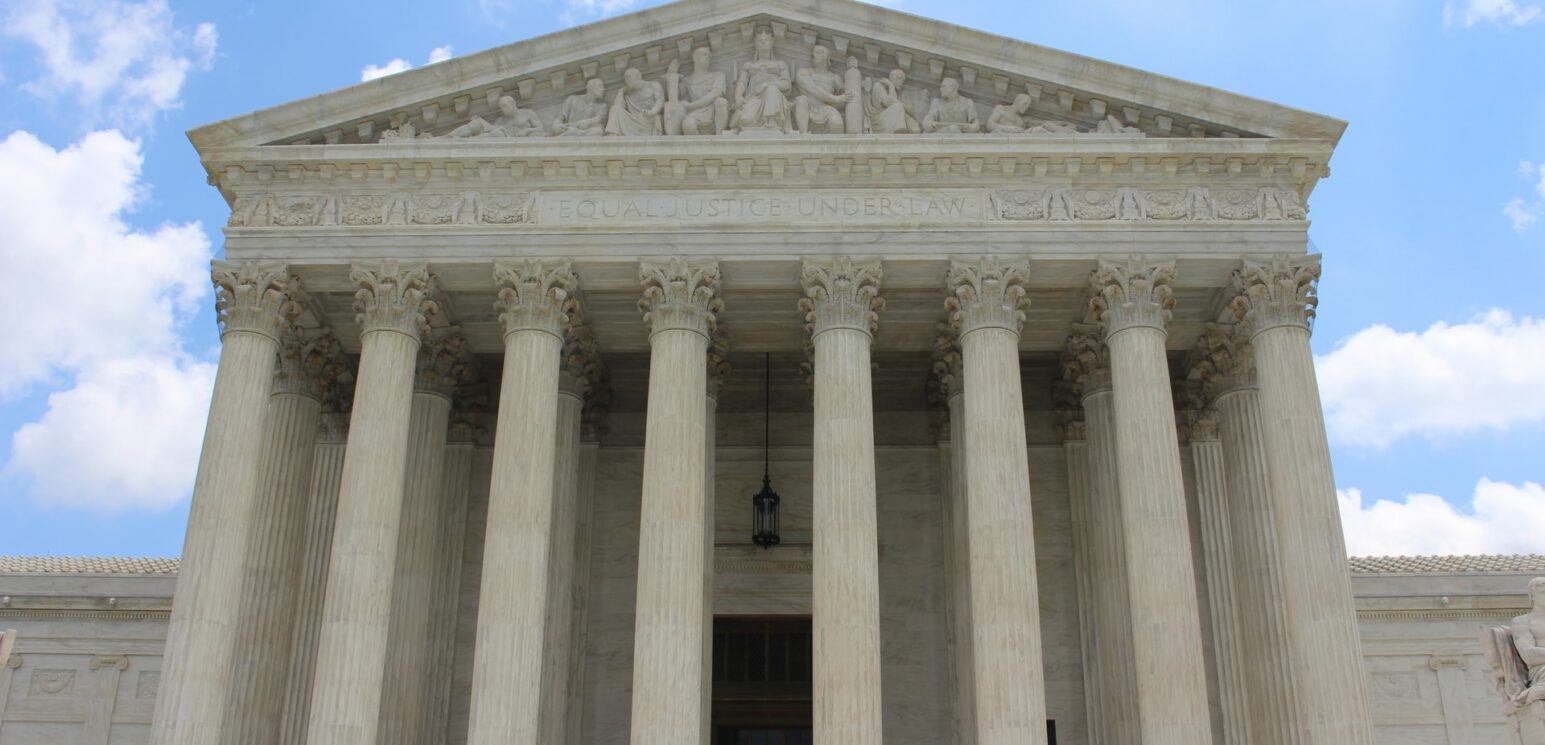Recently, the U.S. Supreme Court agreed to hear a case that will allow the Court to either uphold Roe v. Wade or chip away at a woman’s right to abortion established by Roe v. Wade. The case is Dobbs v. Jackson Women’s Health Organization. The Court will hear the case in their next term, which starts in October 2021.
Previous legal challenges to Roe v. Wade
Since 2013, when North Dakota passed the first heartbeat law, Roe v. Wade has been under attack. To date, 10 states have passed a version of a heartbeat law. Most recently, on May 19, 2021, two days after the Supreme Court agreed to hear the Dobbs case, Texas Governor Greg Abbott signed into law the Texas Heartbeat Act.
A heartbeat law is form of legislation that makes abortions illegal as soon as the fetal heartbeat can be detected. Under the legal precedent established by Roe v. Wade, these laws are unenforceable. Under the holding in Roe v. Wade, a state may not ban any woman from terminating her pregnancy before viability. Viability is the potential of the fetus to survive outside the uterus after birth. Although the law challenged in the Dobbs case is not a heartbeat law, the law does ban abortions before viability.
To date, efforts to overrule Roe V. Wade have been unsuccessful. As recently as last summer, the Court struck down a Louisiana law that restricted abortion. In the case of June Medical Services, LLC v. Russo the Louisiana law reviewed by the Court required any doctor who performed abortions to hold admitting privileges at a hospital located not further than 30 miles from the location at which the abortion was to be performed. In a 5-4 opinion, the Court ruled the Louisiana law in question was unconstitutional because it placed an undue burden on women seeking an abortion in that state.
However, since that case was decided, the dynamics of the Supreme Court have changed. After the death of Justice Ruth Bader Ginsburg, Amy Coney Barrett joined to the Court. Justice Barrett is an outspoken opponent of abortion. Pro-life groups are hoping the new case in front of the Supreme Court will be the undoing of Roe v. Wade.
Dobbs v. Jackson Women’s Health Organization
The Mississippi law restricting abortions challenged in the Dobbs case is the Gestational Age Act. The Gestational Age Act was enacted by the Mississippi legislature on March 9, 2018. Pursuant to the act, an abortion cannot be performed in Mississippi until a medical doctor determines a fetus’s gestational age. If a fetus is older than 15 weeks, an abortion is prohibited. The act contains exceptions for cases of medical emergency or fetal abnormality.
On the same day that the Gestational Age Act was passed, Jackson Women’s Health Organization challenged the law in federal district court. Jackson Women’s Health Organization is the only licensed abortion facility in Mississippi. In the lawsuit, Jackson Women’s Health Organization claimed Mississippi’s new act was unconstitutional under the legal precedent established by the Supreme Court in Roe v. Wade and Planned Parenthood v. Casey.
In the trial court, Judge Carlton W. Reeves of the Federal District Court in Jackson, Mississippi, held Mississippi’s Gestational Age Act was plainly unconstitutional and permanently blocked the Act: “The record is clear: States may not ban abortions prior to viability.” In his opinion, Judge Reeves questioned the state lawmakers’ motives:
“The state chose to pass a law it knew was unconstitutional to endorse a decades-long campaign, fueled by national interest groups, to ask the Supreme Court to overturn Roe v. Wade. This court follows the commands of the Supreme Court and the dictates of the United States Constitution, rather than the disingenuous calculations of the Mississippi Legislature”
Carlton W. Reeves, United States District Judge of the United States District Court for the Southern District of Mississippi
On appeal, the Fifth Circuit affirmed the judgment of the district court, writing:
“In an unbroken line dating to Roe v. Wade, the Supreme Court’s abortion cases have established (and affirmed, and re-affirmed) a woman’s right to choose an abortion before viability. States may regulate abortion procedures prior to viability so long as they do not impose an undue burden on the woman’s right, but they may not ban abortions. The law at issue is a ban. Thus, we affirm the district court’s invalidation of the law…”
United States Court of Appeals for the Fifth Circuit
The Supreme Court agrees to review
On May 17, 2021, after much internal debate among the justices, the Supreme Court agreed to review the Dobbs case. The Court limited its review to the following question: “Whether all pre-viability prohibitions on elective abortions are unconstitutional.” By limiting their review to the question of whether pre-viability abortion laws are unconstitutional, the Court has set the stage to either clearly uphold the legal precedence of Roe v. Wade or overturn it.
There are many who speculate that the present conservative leaning Court may, with its decision in the Dobbs case, overturn Roe v Wade, or at least substantially reduce a woman’s right to terminate a pregnancy before the fetus is viable. However, the legal doctrine of stare decisis makes a court hesitant to overturn a previous rule of law it has made. Stare decisis is the legal term which means a court will follow the rulings in historical cases (including its own) when making a ruling on a similar case.
The Court will hear the Dobbs case in the fall after the start of the 2021 term.
Robin E. Clark
Clinical Assistant Professor of Business Law


